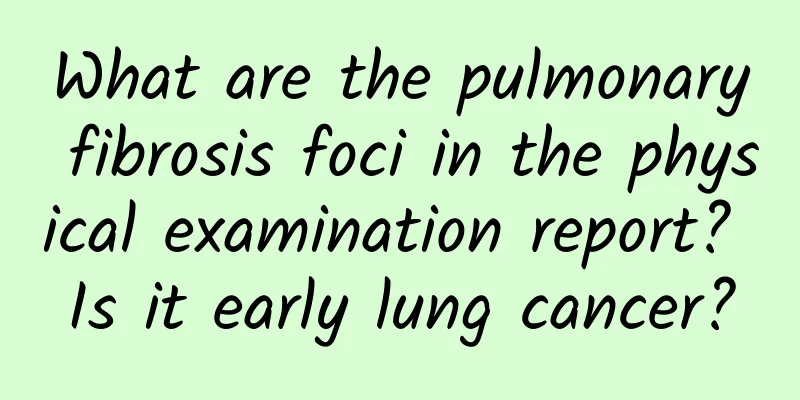What are the dangers of uterine fibroids?

|
Among the many gynecological diseases in women, uterine fibroids is a relatively serious one. This disease is very harmful. For example, it can cause female infertility, miscarriage after pregnancy, severe abdominal pain, etc. In severe cases, the uterus needs to be removed. 1. Infertility or miscarriage: The fibroid tissue in the uterine cornu compresses the entrance of the fallopian tube, causing the uterus to deform and thus hindering the implantation of the fertilized egg, ultimately leading to infertility. In addition, statistics show that the spontaneous abortion rate of patients with fibroids is higher than that of ordinary people, with a ratio of 4:1. 2. Free myoma: Subserosal uterine myoma may twist at the pedicle, causing acute abdominal pain. In severe cases, if surgical treatment is not performed immediately, free myoma may be formed due to the twisting of the tumor pedicle. 3. Secondary anemia: Uterine fibroids can cause excessive menstrual bleeding. Over time, it can cause secondary anemia and even trigger anemic heart disease. In severe cases, patients may experience adverse symptoms such as general fatigue, pale complexion, palpitations and shortness of breath. 4. Malignant lesions: Uterine fibroids are benign tumors, but a few of them may cause malignant transformation. They are more common in older people with large and fast-growing fibroids. Patients with rapidly growing fibroids after menopause or those with recurrent fibroids after menopause should be more vigilant. 5. Infection and suppuration: Uterine fibroids can cause pelvic congestion and infection. The infection is mostly caused by tumor pedicle torsion, while hematogenous infection is extremely rare. After infection, a few patients develop abscesses in the tumor tissue, while the rest present with purulent presentation. 6. Concurrent inflammation: Bleeding may lead to invasion of pathogenic bacteria, causing gynecological inflammation such as adnexitis and pelvic inflammatory disease. Complications of fibroids are often caused by tumor pedicle torsion or acute endometritis. The inflammation may sometimes be purulent, and in a few cases, abscesses may form in the tissues. After the pedicle of a subserosal myoma is twisted, intestinal adhesion occurs, which may be invaded by intestinal bacteria. The inflamed myoma adheres to the uterine appendages, causing purulent inflammation. |
<<: Will I have a boy if I get pregnant during ovulation? Is the probability high?
>>: Can I do fallopian tube hydrotubation during ovulation?
Recommend
How to regulate menopause in women
Nowadays, people feel very troubled whenever they...
Why is boiled water called boiled water? How long does it take to drink boiled water?
Boiled water, also called cold boiled water or fr...
There is a fleshy ball inside the vagina
The vagina is the female sexual organ. Once there...
How long do I need to rest after cervical polyp surgery?
Cervical polyps are generally caused by inflammat...
What causes women's foot pain?
If you experience sore feet, you must rest more a...
Can diabetics eat pine nuts? What are the benefits of eating pine nuts in moderation for diabetics?
Unsaturated fatty acids, proteins, vitamins, calc...
How do asthma patients correctly use a nebulizer for drug inhalation treatment?
Asthma is a common chronic respiratory disease, a...
How to make loofah to increase milk production
During breastfeeding, mothers often feel distress...
Why is influenza so difficult to treat?
Some time ago, the flu virus was rampant, and som...
How should I treat a cold during pregnancy?
Pregnant women are a special group with poor immu...
Cervical cancer screening tests
There are many methods for cervical cancer screen...
Will having sex during ovulation definitely lead to pregnancy?
Having sex during the ovulation period does not n...
Is it too late to have sex when the body temperature rises?
Most people do not understand the relevant knowle...
If you are addicted to oranges and eat one after another, be careful of hyperkalemia. This group of people should be especially vigilant!
In winter, what is the protagonist among fruits? ...









